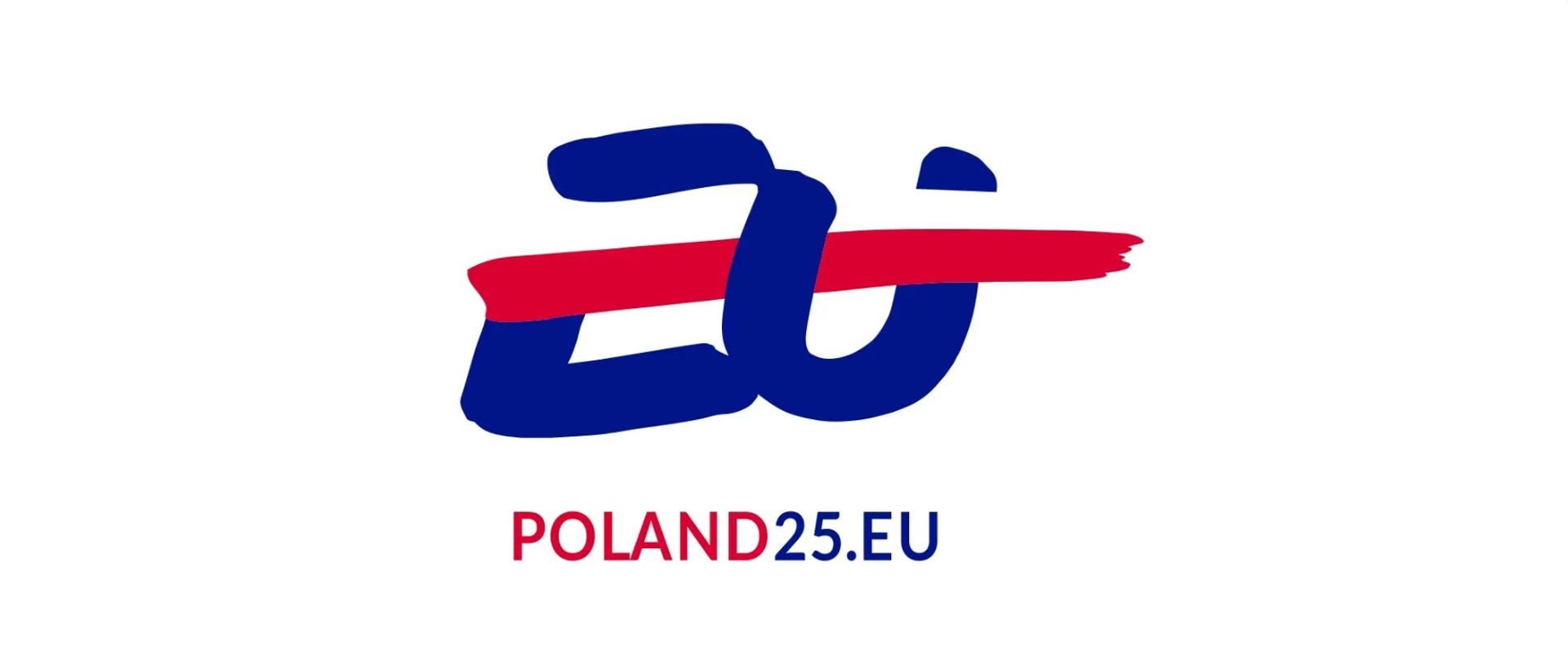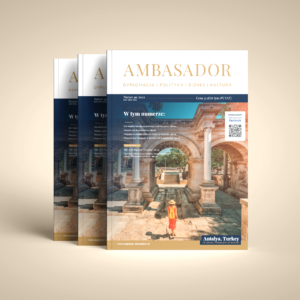– If Europe is powerless, it will not survive. If Europe rediscovers the sources of its strength, it will become again what we have been proud of for centuries – how often – and in recent years – said Polish Prime Minister Donald Tusk during a session of the European Parliament in Strasbourg, where he presented the priorities of the Polish Presidency of the EU Council.
1 January 2025. Poland took over the six-month Presidency of the Council of the European Union. The programme of the Polish Presidency runs under the motto “Security, Europe!”.
The opening gala of the Polish Presidency of the Council of the EU was held at the Grand Theatre – National Opera in Warsaw. It was s very solemn moment of Poland’s symbolic commitment to lead the European Union in its efforts to ensure the security of the entire continent.
The ceremony began with the playing of the Polish national anthem and an address by Prime Minister Donald Tusk. The head of the government recalled that this year Poland was celebrating the 1000th anniversary of the coronation of the first Polish king, Bolesław I the Brave (Polish: Bolesław Chrobry). These 1,000 years are the history of Polish development, and of learning from our own mistakes.
– The Polish Presidency is there to make use of our national wisdom, our national experience – said the Prime Minister. Donald Tusk also referred to the Latin maxim ‘Nec temere, nec timide’ when discussing Poland’s plans for the presidency.
– Boldly and prudently – this was also the motto of the great Solidarity movement, which is one of the foundations of today’s Europe. The word ‘solidarity’ perhaps means more today than at any time in the history of post-war Europe. And Poland will be the guardian of this solidarity – stressed the Polish Prime Minister.
After the Prime Minister’s speech, the President of the European Council took the floor.
– Poland is one of the greatest successes in the history of the Community’s enlargement and the best geostrategic investment made by Europe, which has enabled it to guarantee freedom and democracy after long periods marked by totalitarian regimes – Antonio Costa recalled.
Poland takes over the EU presidency at a challenging time. As a whole European community, we have to face the challenges of today’s world. These include the need to ensure security in the region and to build the EU’s competitiveness in the global market, as well as to combat the instrumentalisation of migration and to counter the effects of climate change.
Priorities of the Polish Presidency of the Council of the European Union
Defence and security
- The Polish Presidency will support measures for European defence. This requires strengthening defence preparedness, which is based e.g. on increased military expenditure and a stronger defence industry.
- Support for key elements of defence infrastructure, such as Shield East and the Baltic Defence Line, is also important.
- Strengthening cooperation with NATO will also be a priority.
Protecting people and borders
- The Polish Presidency will promote new solutions to address the challenges of migration and the security of the EU’s external borders, including Poland’s eastern border.
- This will include measures to reduce illegal migration and to increase the effectiveness of returns, including in cooperation with partners from third countries.
- Poland will support efforts to combat hybrid threats and international organised crime networks.
Countering foreign interference and disinformation
- The Polish Presidency will strengthen coordination in the fight against disinformation and information manipulation. This includes improving the EU’s ability to prevent and mitigate the effects of hostile actions in cyberspace.
- Attention will also be paid to the development of modern and secure digital services.
Ensuring security and freedom of economic activity
- The Polish Presidency will support activities aimed at deepening the European single market and removing barriers to cross-border activities, especially in the services sector.
- Priority will be given to restoring fair competition conditions for EU industry versus global competitors.
- We will also discuss the future shape of cohesion policy, which is the main instrument for ensuring balanced socio-economic development.
- We will promote the reduction of red tape in the EU.
Energy transition
- Reliable and secure supplies of energy resources are crucial for the EU’s energy security. This is why the Polish Presidency will promote measures to achieve a complete transition away from imports of Russian energy sources.
- We will also take action to reduce energy prices in the EU and to revise the EU’s energy security framework.
- We will seek to reduce dependence on imported technologies and critical raw materials.
Competitive and resilient agriculture
- Safe and high-quality food is a European public good. The Polish Presidency will therefore seek to shape a strong Common Agricultural Policy that supports farmers and rural development.
- This policy should encourage (not force) farmers to adopt measures that protect the environment and demonstrate the benefits of combating and preventing the effects of climate change.
Health security
- The Polish Presidency will focus on the digital transformation of healthcare, the mental health of children and young adults, and health promotion and disease prevention.
- Our work will also take into account the need to improve the safety of medications in the EU, with a particular focus on the patient perspective. Diversifying the supply chains for medicines and supporting their production in the EU will be key .
For this unique and extremely important period of the Polish EU Presidency, a logo has been designed to symbolically express Poland’s commitment to the EU. Its creator is Jerzy Janiszewski, who previously designed the ‘Solidarity’ graphic symbol and the symbol of the first Polish Presidency in 2011.
The logo symbolises Poland’s commitment to European affairs and its ambition to set new directions for EU policies, particularly with regard to the continent’s security. The Polish flag, interspersed with the letters EU, reflects Poland’s commitment to European affairs and its ambition to set new directions for the EU.
As part of the Presidency, Poland plans to organise a number of events at national and international levels.
Cultural events
The Culture Sparks Unity overseas cultural programme will host nearly 100 events in more than 20 EU member states and in candidate countries such as Serbia, Georgia, North Macedonia, and Moldova. The programme focuses on young creators and modern regulations for the audio-visual sector.
Interparliamentary conferences
The Polish Sejm and Senate will host seven interparliamentary conferences in the first half of 2025. Six of them will be held in Warsaw and one in the European Parliament in Brussels. The themes of the meetings will include various aspects of the EU’s security and activities to bring the European Union closer to its citizens, through conferences, including informal meetings in Warsaw, and around 300 side events such as expert and official conferences.
The second Polish Presidency of the Council of the EU will run from 1 January to 30 June 2025. The first time Poland held the Presidency of the Council of the European Union was in the second half of 2011.



Sledź nas na: